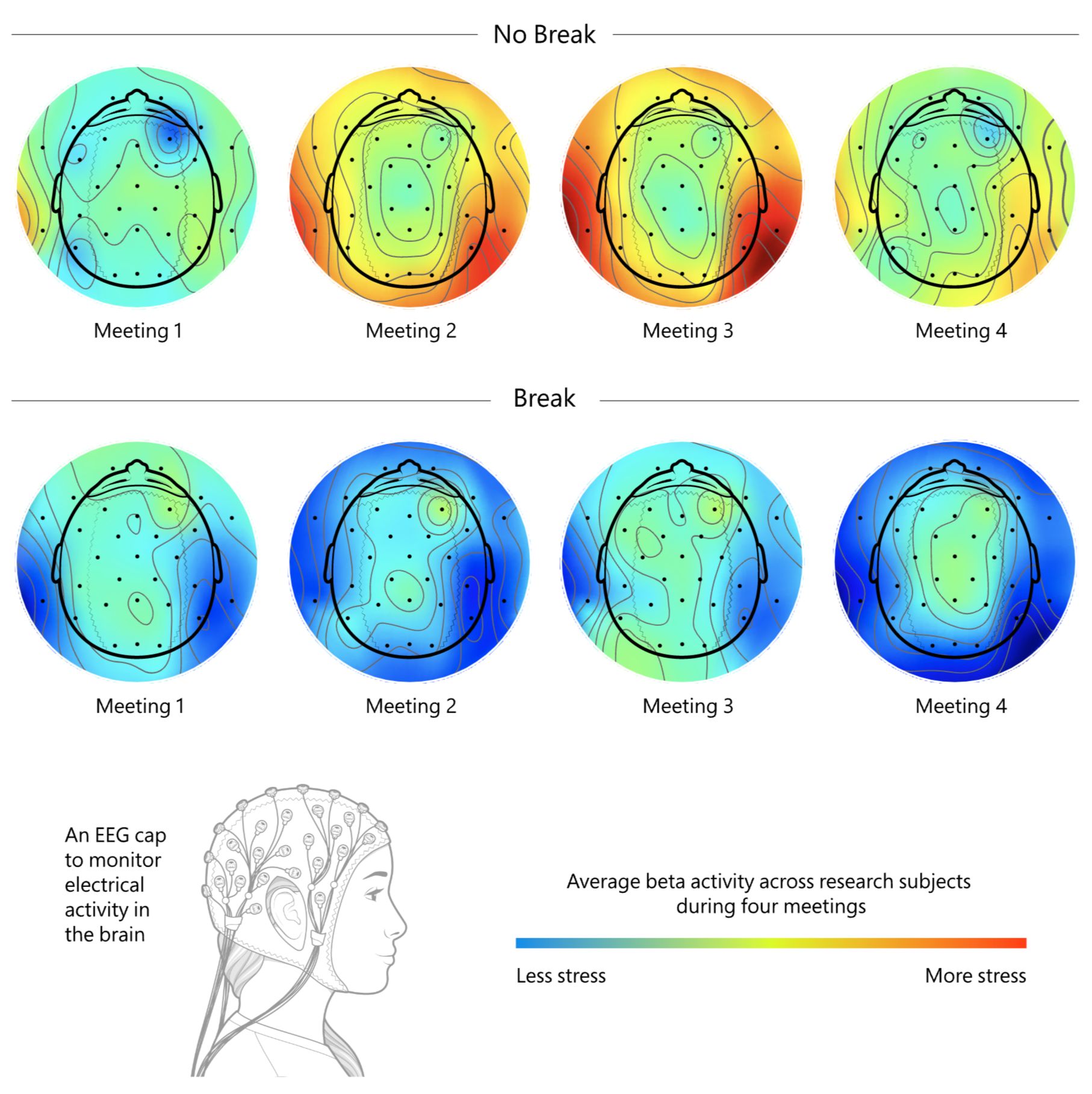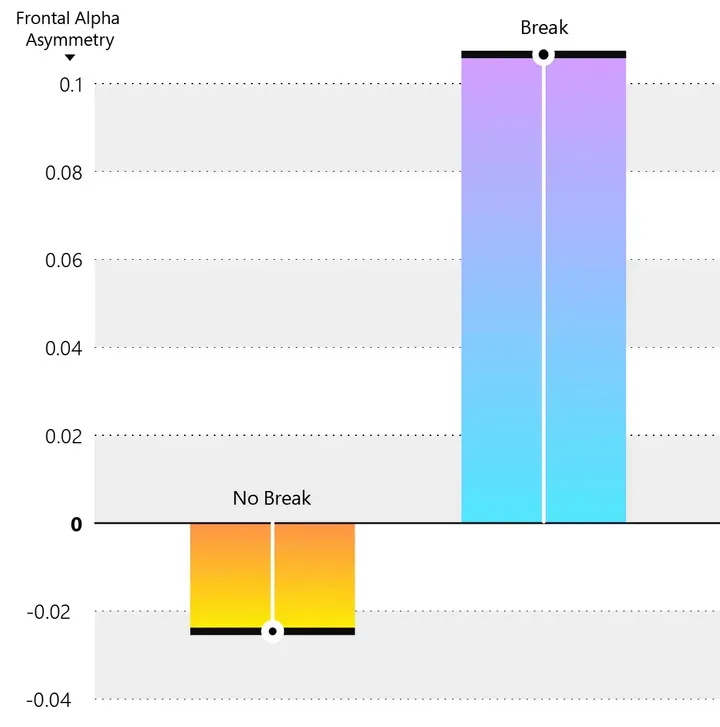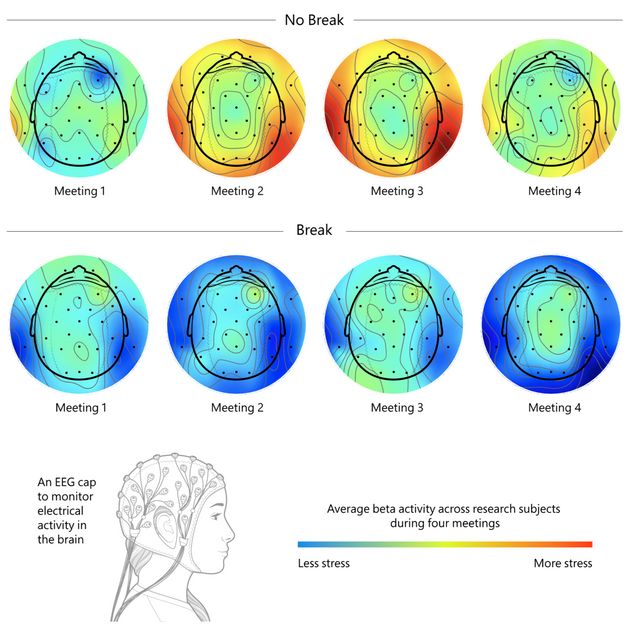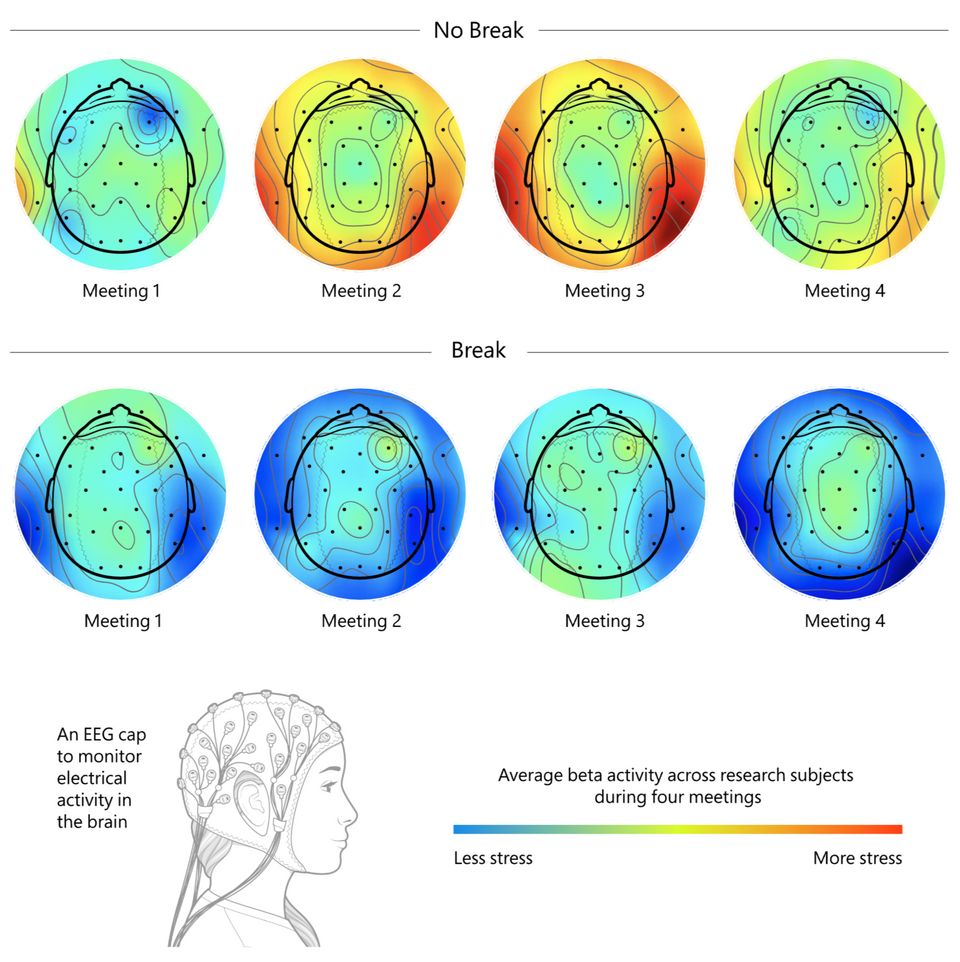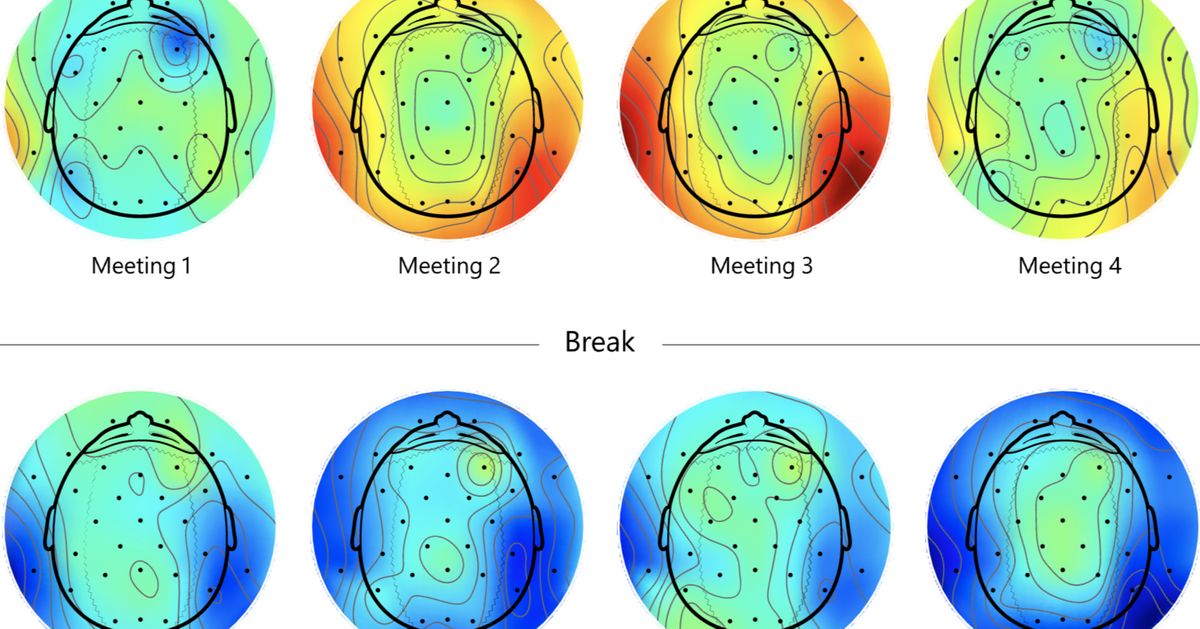
Raise your hand if you’ve ever thought about brain health. No? Well, apparently it’s quite a big deal. And, there are things we absolutely should not be doing that — I hazard a guess – you are doing every single day. I know I certainly have been.
According to neuroscientist and TikToker Emily a.k.a @emonthebrain, there are three big no-nos when it comes to brain health.
Advertisement
But why? How do these three things affect our mood and brain age? If you open your phone first thing in the morning, like to indulge in highly processed food and engage in a little negative self-talk (my personal fave), then you’re going to want to read this.
Time to cut out morning screen-time
Does this sound like you? Wake up in the morning, reach for phone, scroll, scroll some more and then get up?
If it does, this could be why throughout your day you’re addicted to checking your phone. Here’s why.
Turns out, there’s a science to waking up well, and it’s all to do with brain waves.
When you wake up, your brain goes from producing theta to alpha waves. These tell your body you’re in a state of restful wake, rather than sleeping or extremely relaxed. And, according to Emily, this is a time when you are more susceptible to programming. So whatever content you’re consuming will have a greater impact on your mindset.
Advertisement
The result? In her TikTok, Emily says, “It messes up dopamine for the day so we continue to check our phones.”
*Adds traditional alarm clock to basket immediately*
Put a stop to the negative self-talk
“What you say to yourself matters, and the more you say the more it gets wired in. And what’s wired in is what we manifest,” says Emily.
She’s not wrong – the way you speak to yourself affects cognitive function. So if you’re engaging in negative self-talk, you’re more likely to rewire your brain to believe it. Whereas if you opted for affirming language you could teach yourself to feel more positive about yourself.
It’s easy to get caught up in self-flagellating thought processes, there’s enough going on in the world to make us feel bad about ourselves. From comparison on social media to feeling under pressure to achieve more at work.
Approaching these moments with self-compassion and acceptance can help us overcome some of these negative cycles, as can cognitive behavioural therapy (CBT).
Advertisement
No more eating ultra-high processed foods (cries in McDonald’s)
Okay so, bad news. Highly processed foods lead to brain ageing, otherwise known as cognitive decline.
In a study conducted by ZOE, they found that those who ate the least amount of ultra-processed foods experienced slower cognitive decline.
Eating these foods is especially bad for you if you’re over 60, but — there’s some good news. Interestingly, the researchers in this study were only able to identify links between ultra-processed foods and cognitive decline in people with a “generally unhealthy diet”.
A lot of healthy foods and naughty little treats from time to time won’t do you much harm.
So, it’s all about balance!



